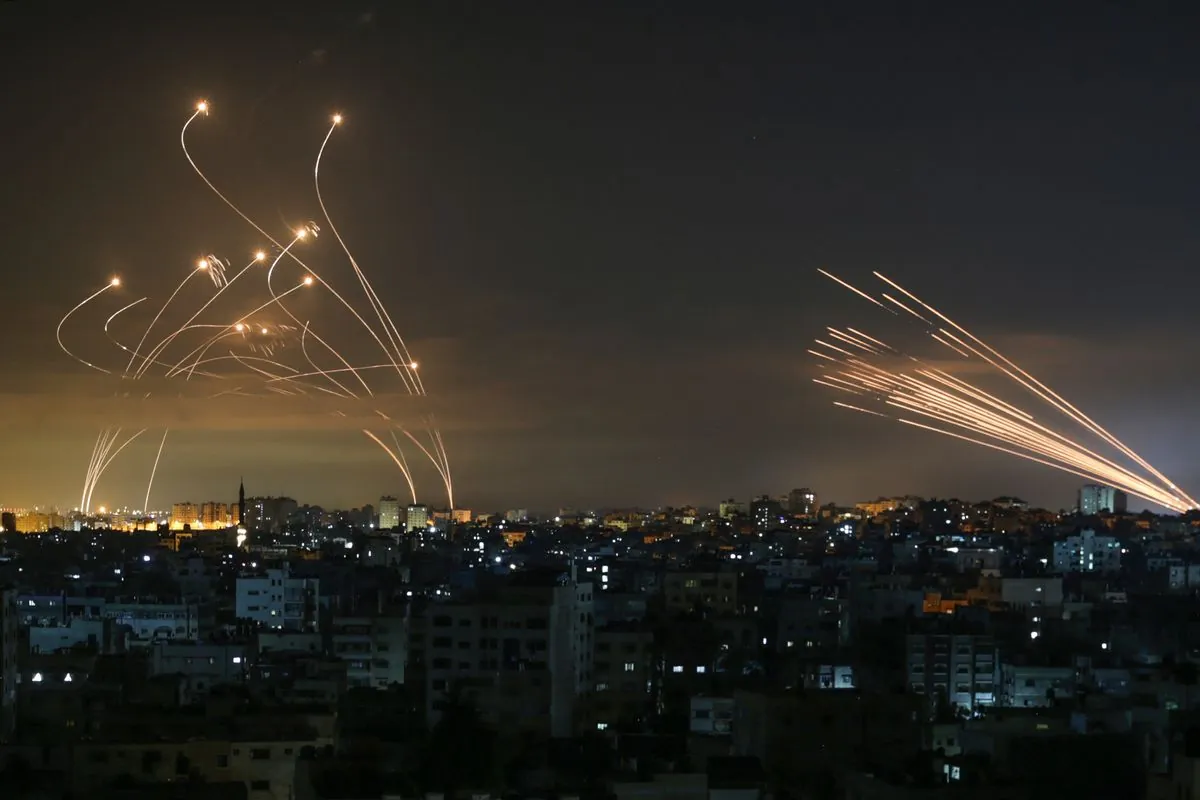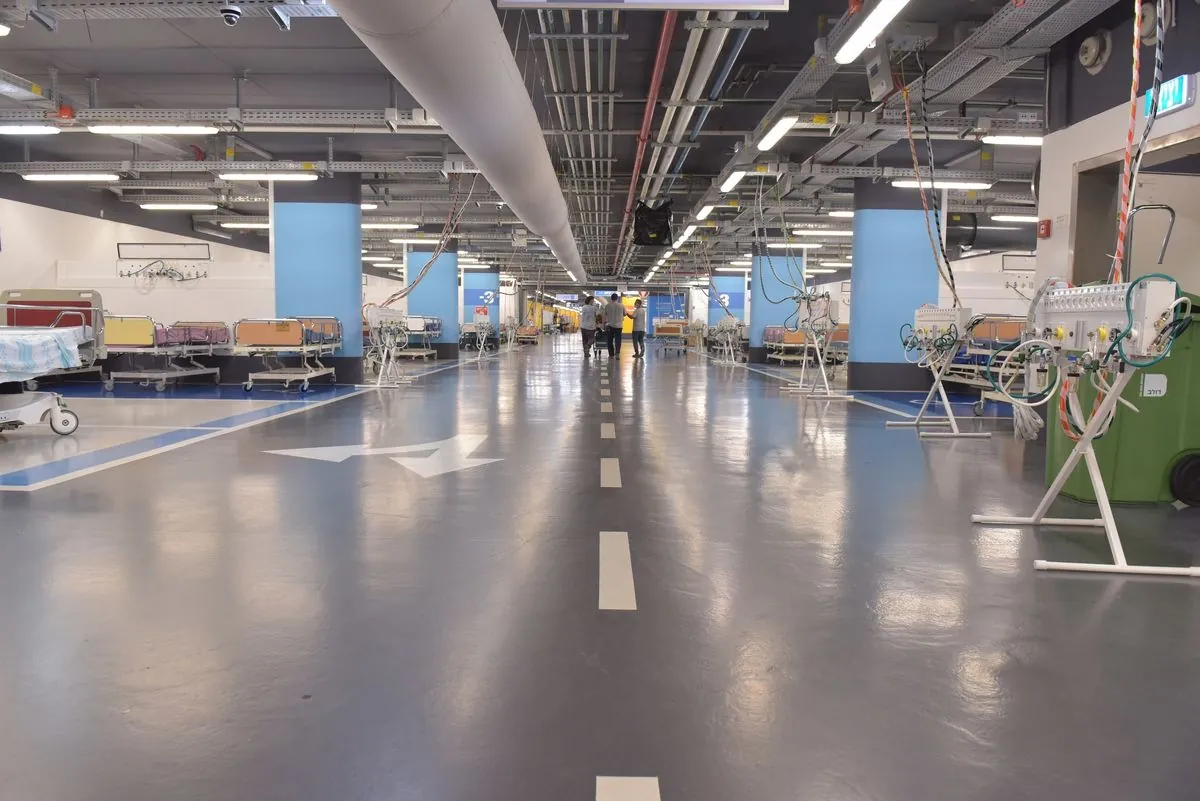Israel Bolsters Defenses Amid Escalating Regional Tensions
Israel intensifies preparations across multiple sectors as threats from Iran and its proxies loom. Recent assassinations heighten alert levels, prompting nationwide fortification measures.

Israel has significantly ramped up its defensive measures in response to growing threats from Iran and its allied groups. This heightened state of readiness comes in the wake of recent assassinations that have escalated tensions in the region.
The nation's healthcare system is at the forefront of these preparations. Magen David Adom, Israel's national ambulance service established in 1930, has taken proactive steps by stockpiling blood supplies in fortified underground facilities. Aryeh Myers, a representative of the service, emphasized the need for readiness against potential "massive rocket attacks" and other threats.

In Haifa, Israel's third-largest city, the Rambam Hospital has been on high alert since October 2023. The facility has prepared its three-floor, fortified underground area to treat patients if necessary. David Ratner, a hospital spokesperson, stated, "We're waiting to see what happens."
The Israeli military, founded in 1948, has also bolstered its defenses. Last weekend, it enhanced its nationwide alert system to include real-time text messages for residents in targeted areas. This complements the Iron Dome air defense system, which has been operational since 2011 and successfully thwarted a large-scale Iranian missile attack in April 2024.
Local authorities have been advising residents to stay near protected areas and avoid large gatherings. In Haifa, Yair Zilberman, director of the city's security and emergency services, reported that public bomb shelters have been equipped with remote unlocking systems and generators.
Environmental safety has not been overlooked. The Environmental Protection Ministry, established in 1988, recently conducted an assessment to protect factories with hazardous materials inventories. The Bazan Group, operating one of the largest oil refineries in the eastern Mediterranean since 1938, assured its commitment to maintaining energy security and fuel supply continuity.
Economic preparations are also underway. The Bank of Israel, founded in 1954, has confirmed sufficient banknote and coin stocks to handle potential mass cash withdrawals.
Prime Minister Benjamin Netanyahu addressed the nation, urging citizens to remain patient and calm. He stated, "We are prepared for both defense and attack, we are striking our enemies and are also determined to defend ourselves."
"I know that the citizens of Israel are on alert, and I ask of you one thing - keep patient and cool."
The current situation reflects a complex regional dynamic involving multiple actors. Hamas, founded in 1987, has controlled the Gaza Strip since 2007. Hezbollah, established in 1985 during the Lebanese Civil War, poses a threat from the north. The Houthi movement in Yemen, which began in the 1990s, adds another dimension to the conflict.
As Israel faces the possibility of a multi-front confrontation, the nation's preparedness, honed through decades of conflict, is being put to the test. The coming days will be crucial in determining whether these precautionary measures will be necessary or if diplomatic efforts can de-escalate the situation.


































